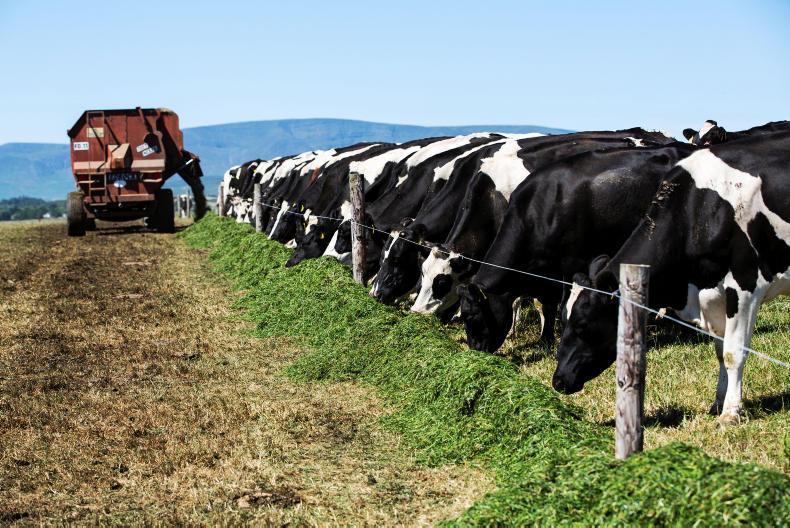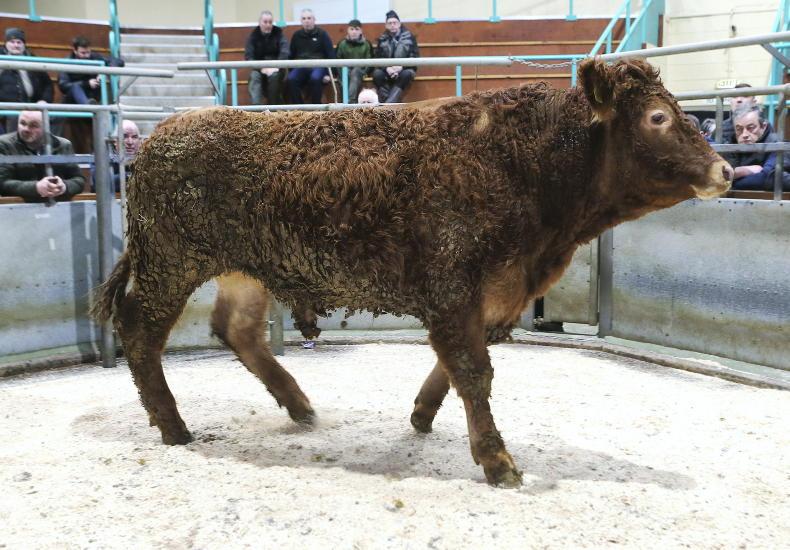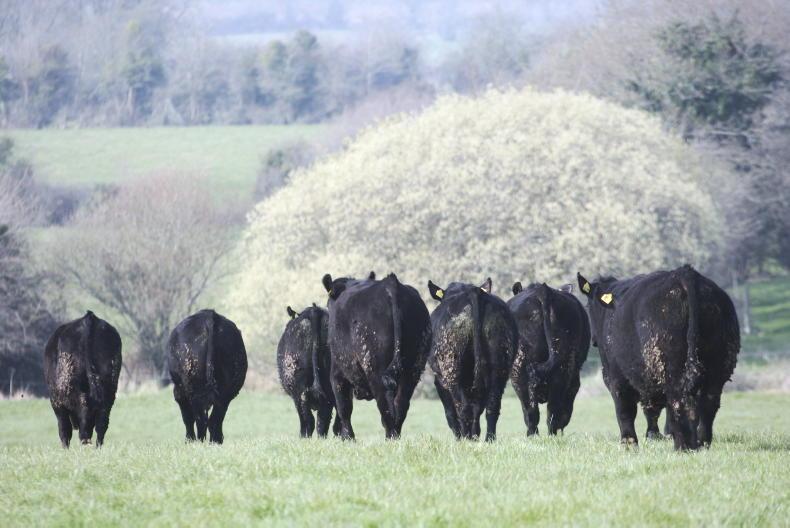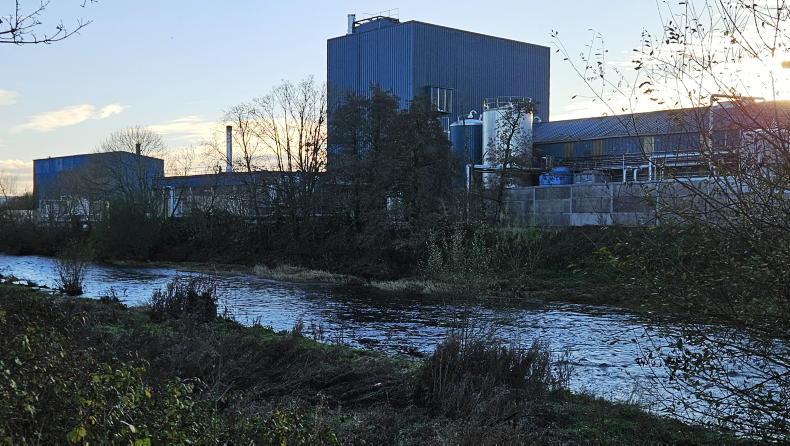Mills continue to work at full capacity this week supplying feed to livestock farmers who are trying to stretch scarce grass and silage supplies.
The greatest demand is for rations for dairy herds and therefore the mills of dairy co-ops are most stretched, typically operating around the clock. The volumes moving are now as high as in a typical winter month.
Among the bigger mills, Glanbia’s facilities at Portlaoise and Clonroche have been operating six days per week for a month, producing about 13,000t per week. Dairygold’s big mill at Lombardstown is operating six days per week and producing similar volumes.
Other major compounders such as Kiernan Milling in Co Longford and Southern Milling in Cork say they too are producing feed at full capacity.
To cope, some mills are mixing during the day and are refilling bins and loading lorries for deliveries at night. The unprecedented demand is leading to delays for some farmers. Most farmers are ordering meals in advance and having bins topped up in good time. However, for a farmer placing a once-off order the waiting time for feed is anywhere from three days to a week. In some cases, suppliers are struggling to obtain enough lorries to carry out deliveries.
Straights
A more serious pinch-point is emerging for farmers looking to buy straights for home mixing. The volumes of most straights in the country at present are seasonally low. There are lengthy delivery times for high-fibre soya hull and palm kernel, in particular. Palm kernel is soured from Malaysia and soya hulls from South America.
A boat of soya hulls arrived in Ireland this week with some of this delivered in full 30t loads straight to farms, the remainder to compounding mills.
Mills are now asking traders for additional shipments of these ingredients but are being told that these will take some weeks. The drought seen across much of northern Europe means there is higher than normal demand for these feed ingredients.
Read more
Taoiseach fails to commit to low-cost loans for 2018
Mills continue to work at full capacity this week supplying feed to livestock farmers who are trying to stretch scarce grass and silage supplies.
The greatest demand is for rations for dairy herds and therefore the mills of dairy co-ops are most stretched, typically operating around the clock. The volumes moving are now as high as in a typical winter month.
Among the bigger mills, Glanbia’s facilities at Portlaoise and Clonroche have been operating six days per week for a month, producing about 13,000t per week. Dairygold’s big mill at Lombardstown is operating six days per week and producing similar volumes.
Other major compounders such as Kiernan Milling in Co Longford and Southern Milling in Cork say they too are producing feed at full capacity.
To cope, some mills are mixing during the day and are refilling bins and loading lorries for deliveries at night. The unprecedented demand is leading to delays for some farmers. Most farmers are ordering meals in advance and having bins topped up in good time. However, for a farmer placing a once-off order the waiting time for feed is anywhere from three days to a week. In some cases, suppliers are struggling to obtain enough lorries to carry out deliveries.
Straights
A more serious pinch-point is emerging for farmers looking to buy straights for home mixing. The volumes of most straights in the country at present are seasonally low. There are lengthy delivery times for high-fibre soya hull and palm kernel, in particular. Palm kernel is soured from Malaysia and soya hulls from South America.
A boat of soya hulls arrived in Ireland this week with some of this delivered in full 30t loads straight to farms, the remainder to compounding mills.
Mills are now asking traders for additional shipments of these ingredients but are being told that these will take some weeks. The drought seen across much of northern Europe means there is higher than normal demand for these feed ingredients.
Read more
Taoiseach fails to commit to low-cost loans for 2018









SHARING OPTIONS